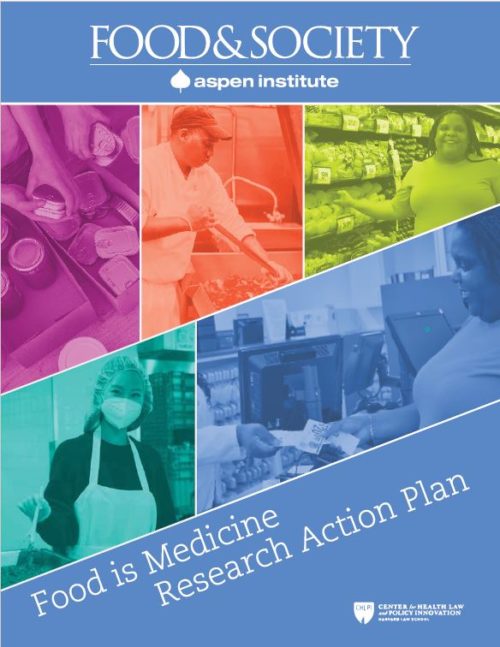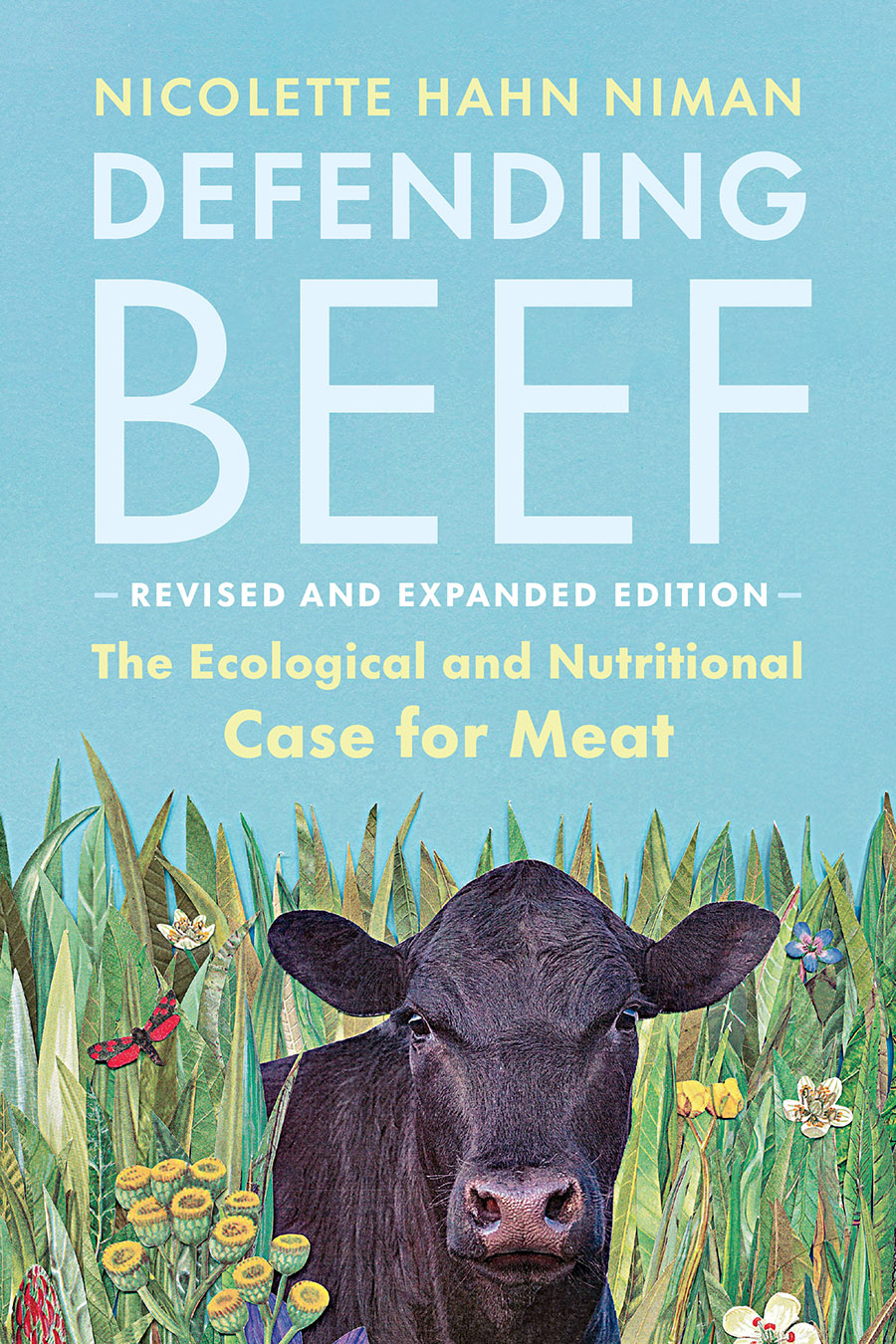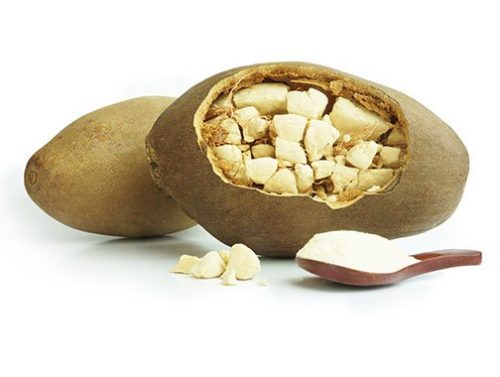Annals of food fraud: eel smuggling
I am indebted to Politico Morning Agriculture (behind a paywall but try Twitter) for this riveting item: Major Seafood Dealer and Eight Individuals Indicted for International Wildlife Trafficking
The Justice Department’s Environment and Natural Resources Division, Environmental Crimes Section, unsealed an indictment charging a major seafood distributor and eight of its employees and associates with smuggling, Lacey Act violations and conspiracy to violate the Endangered Species Act, stemming from their trafficking in large volumes of highly imperiled eels.
The mind boggles.
Who knew that eel poaching and smuggling are major wildlife trafficking problems.
With respect to European eels, exporting them has been illegal since 2010. But wait. The indictment gets better:
Despite this ban…the defendants conspired to unlawfully smuggle large quantities of live baby European eels out of Europe, to their eel-rearing factory in China. After rearing the baby eels to maturity, defendants’ Chinese facility would then slaughter and process the eels for shipping to the United States, to be sold as sushi products.
It ends with this caveat: An indictment is merely an allegation and all defendants are presumed innocent until proven guilty beyond a reasonable doubt in a court of law.
I’m due to be called for jury duty. Is this what I’m in for?






